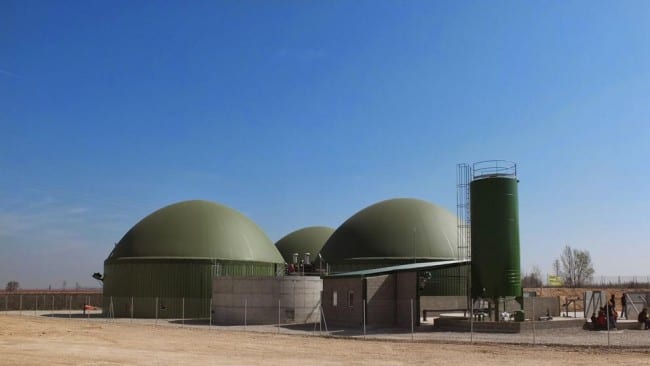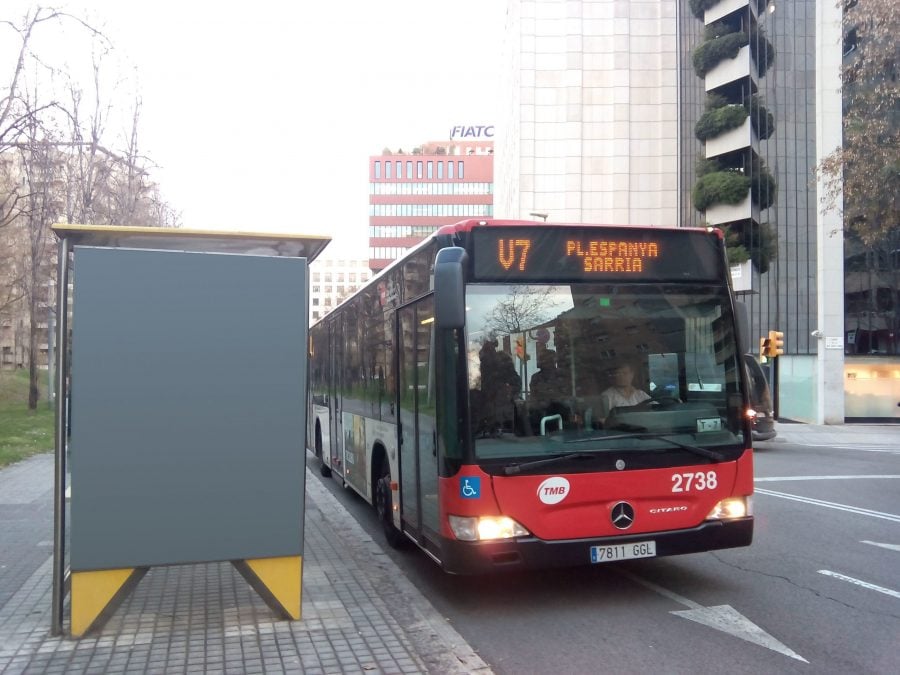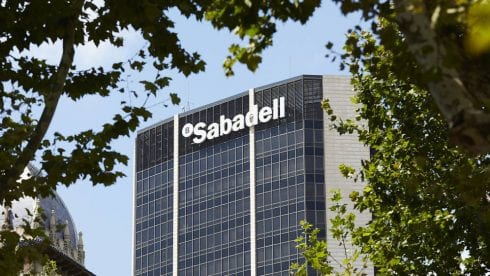BOSSES of Barcelona’s transport system are looking at ways of running the city’s buses on sewage.
They want to turn sewage sludge left over from waste water treatment into biomethane in an effort to reduce greenhouse gas emissions.
EU funding through the Nimbus Project is being used to try and create greener public transport.
According to TMB public transport operator, 70% of its fleet ran on diesel fuel in 2010. By 2020 75% of its buses were hybrid or running on less polluting energy.

But the 1,100 strong fleet is still heavily reliant on fossil fuels with their associated CO2 emissions, and air pollution problems.
The process will work by gathering sewage sludge at water treatment plants and tunning it into fuel.
The biogas created is made up of methane and CO2 which is at present stored in large silos to be burned to power the plant.
Instead, from March the CO2 will be removed leaving biomethane which can be stored under high pressure to be used as fuel for buses.
At the moment just one bus is being tested, but the plan is to have 46 of the methane-fuelled buses in the fleet by 2024.
These will complement the rapidly expanding use of electric buses, which should make up half of Barcelona’s fleet by 2030.
Previously, the Olive Press has reported how renewable energy company Norvento Enerxia launched an entire business line dedicated to the development of biogas plants for the industrial sector. The line – which uses modern technology to produce valuable gas from compostable waste – has been a long time coming.

The company first started working on research and development in the biotech business in 2013.
While it has offered engineering solutions for what to do with waste it is now offering integrated solutions to industry.
The benefit of installing biogas plant is two-fold. Firstly it provides a solution for firms for what to do with waste material – getting rid of which can be a costly business – and secondly it can actually turn the problem into a money spinner.
Instead of paying for the safe disposal of the waste material – which can be anything biodegradeable such as trimmings from the food industry for example – companies can produce a useful biogas.
They can then burn this to provide electricity, hot water or heat and so saving on their power bills, or sell it on for injection into gas supply pipelines.
Norvento will offer companies the chance to combine this technology with other green products such as solarPV power and energy storage to make their businesses as energy efficient as possible.
READ MORE:
- Environmentalists slam Andalucia’s ‘smoke and mirror’ efforts to fight climate change in wake of COP26
- Teed off: Environmentalists in Spain slam yet another golf course plan on unspoilt Costa la Luz
- Massive human chain formed around the Mar Menor lagoon in Spain to protest against environmental disaster








